Europe 1901-present
While war seems to be a backdrop to events in Europe in this time period the articles collected here explore many of the wider impacts and elements to the war. Medicine and technology are explored alongside dramatic changes in social attitudes. The political events that disrupt and shape Europe of the 20th century are explored though a range of engaging articles that include Russia and the USSR, Fascism and European co-operation.
Sort by:
Date (Newest first) | Title A-Z
Show:
All |
Articles |
Podcasts |
Multipage Articles
-
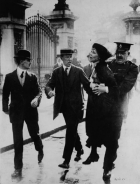
Using visual sources to understand the arguments for women's suffrage
ArticleClick to view -
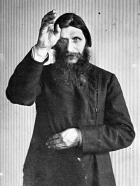
Alexandra and Rasputin
ArticleClick to view -

Investigating students' prior understandings of the Holocaust
ArticleClick to view -
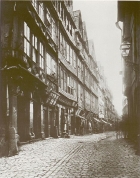
A question of attribution: working with ghetto photographs
ArticleClick to view -
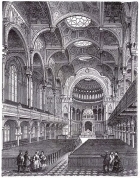
Berlin and the Holocaust: a sense of place?
ArticleClick to view -
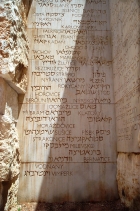
Deepening post-16 students' historical engagement with the Holocaust
ArticleClick to view -

Nazi perpetrators in Holocaust education
ArticleClick to view -
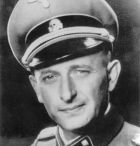
Polychronicon 141: Adolf Eichmann
ArticleClick to view -

Nutshell 141 - HEDP
ArticleClick to view -

Triumphs Show 141: using family photos to bring the diversity of Jewish lives to life
ArticleClick to view -

Polychronicon 140: Why did the Cold War End?
ArticleClick to view -
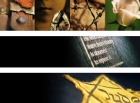
Being historically rigorous with creativity
ArticleClick to view -
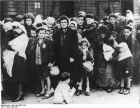
Anti-Semitism and the Holocaust
ArticleClick to view -
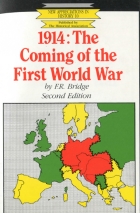
1914: The Coming of the First World War
ArticleClick to view -
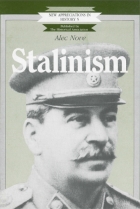
Stalinism
ArticleClick to view -
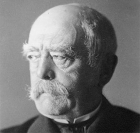
Developing multiperspectivity through cartoon analysis
ArticleClick to view -
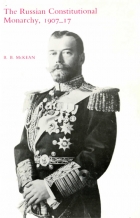
The Russian Constitutional Monarchy, 1907-17
ArticleClick to view -
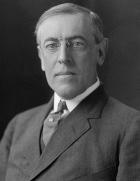
The League of Nations
ArticleClick to view -
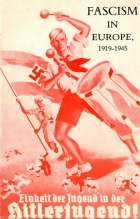
Fascism in Europe 1919-1945
ArticleClick to view -

32 Postkarten: Last post from Nazi Germany
ArticleClick to view

